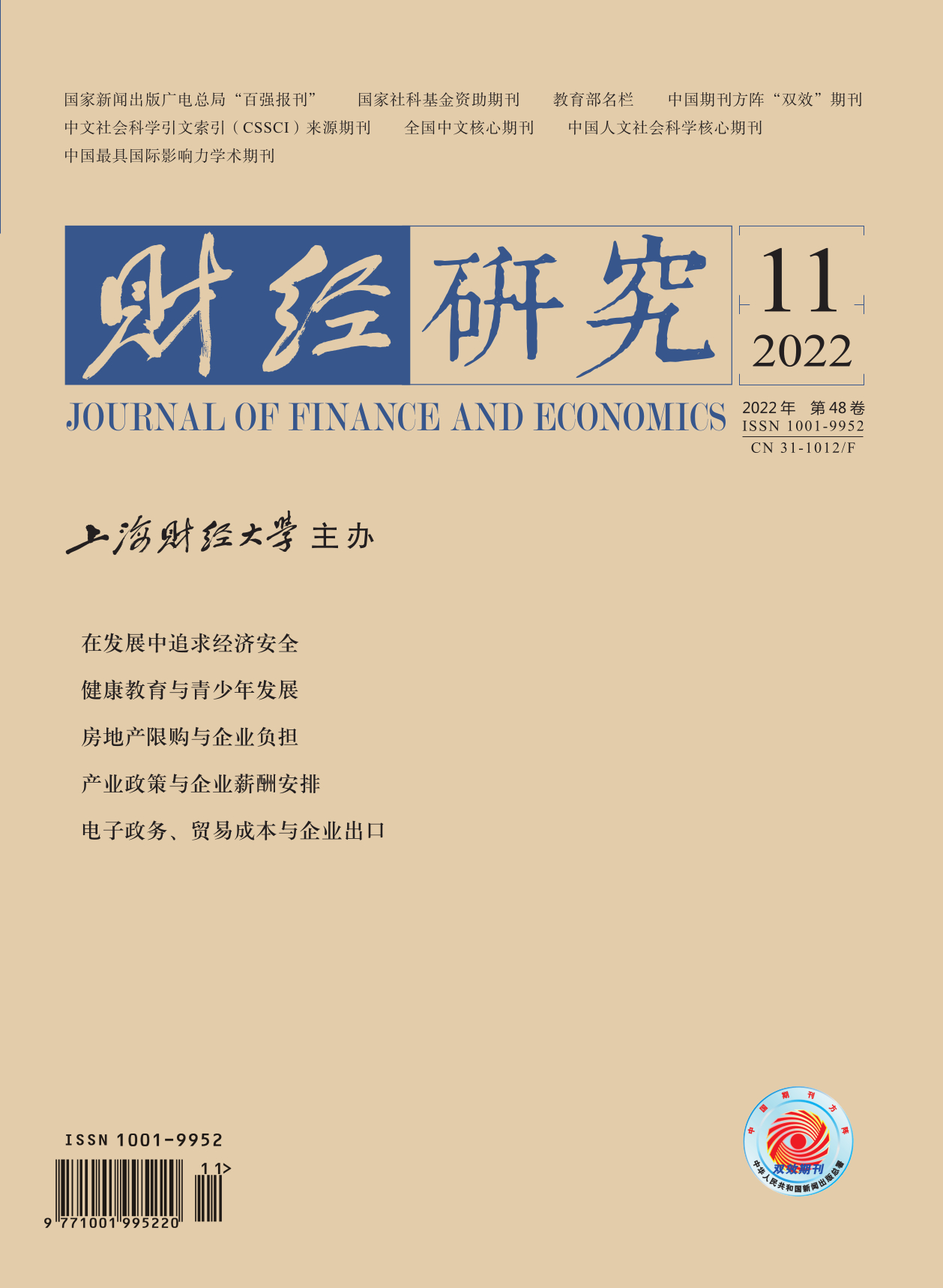With the elderly care system in China having not been built maturely, to widely reduce the health risk of rural elderly is of great significance to alleviate the care pressure in the future and move the security gate forward. The purpose of this paper is to explore whether inclusive residents’ pension could reduce the health risk of rural elderly effectively. First, based on Grossman’s health demand model, this paper puts forward the mechanism hypothesis of the impact of pension on the health of the elderly in theory. Then, based on the four periods(2011, 2013, 2015 and 2018)of China Health and Retirement Longitudinal Study tracking data, this paper empirically tests the impact and mechanism of pension on various physiological health indicators of rural elderly using the DID method after PSM. In addition, this paper further discusses the impact of pension in a long period of time and the moderating effect of community pension services.
The empirical results show that:(1)In the short term, although the pension has no significant impact on the IADL index of the elderly, it significantly alleviates the decline of ADL, physical activity ability and cognitive ability of the elderly, and this effect is more obvious for the elderly aged 70 and below, with high family income, educated, married and living with spouse, suffering from chronic diseases, and having insufficient family support.(2)The mechanism of the impact of residents’ pension on rural elderly’s health mainly includes that the pension can effectively increase food and medical expenditure, increase nap time, promote intergenerational care, inhibit smoking and so on.(3)In the long-term model, the impact of pension on different health indicators is various. The impact of pension on the ADL and physical activity has a good sustainability. The positive effect on the IADL, a high-level health indicator, begins to appear more than two years after participating in the pension scheme and community elderly care services play a positive regulatory role. The long-term positive effect on the cognitive ability depends on the collaborative support of community elderly care services.
This paper not only provides an empirical basis for the future reform of residents’ pension system, but also provides a policy reference for effectively reducing the health risk of rural elderly. First, it is necessary to improve the basic pension level in time to adapt it to the current level of economic development. Then, the government needs to effectively eliminate the family binding mechanism in the future reform, to ensure that vulnerable elderly groups really enjoy policy benefits and the policy benefits all residents more fairly. Also, the synergy of monetary subsidies and community elderly care services need to be paid more attention to, so as to build a multi-dimensional elderly security system.





 6536
6536  7385
7385

